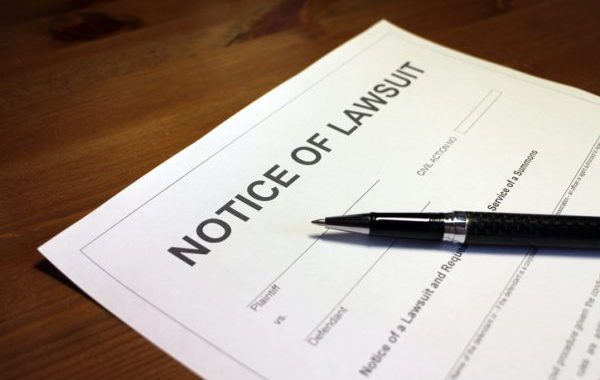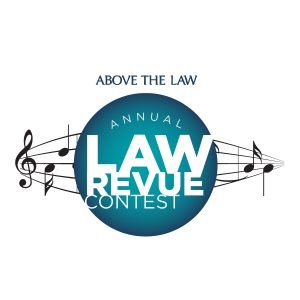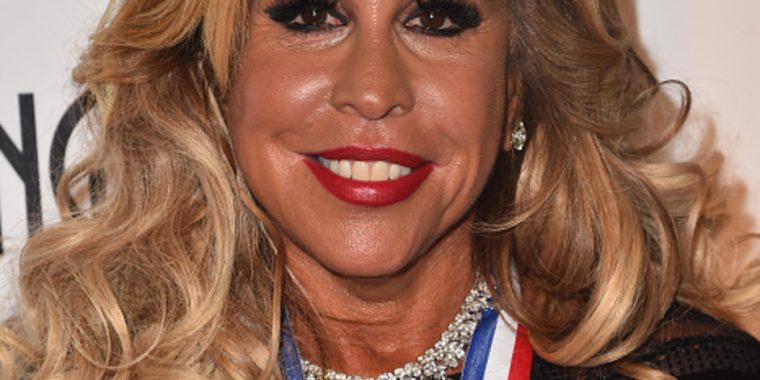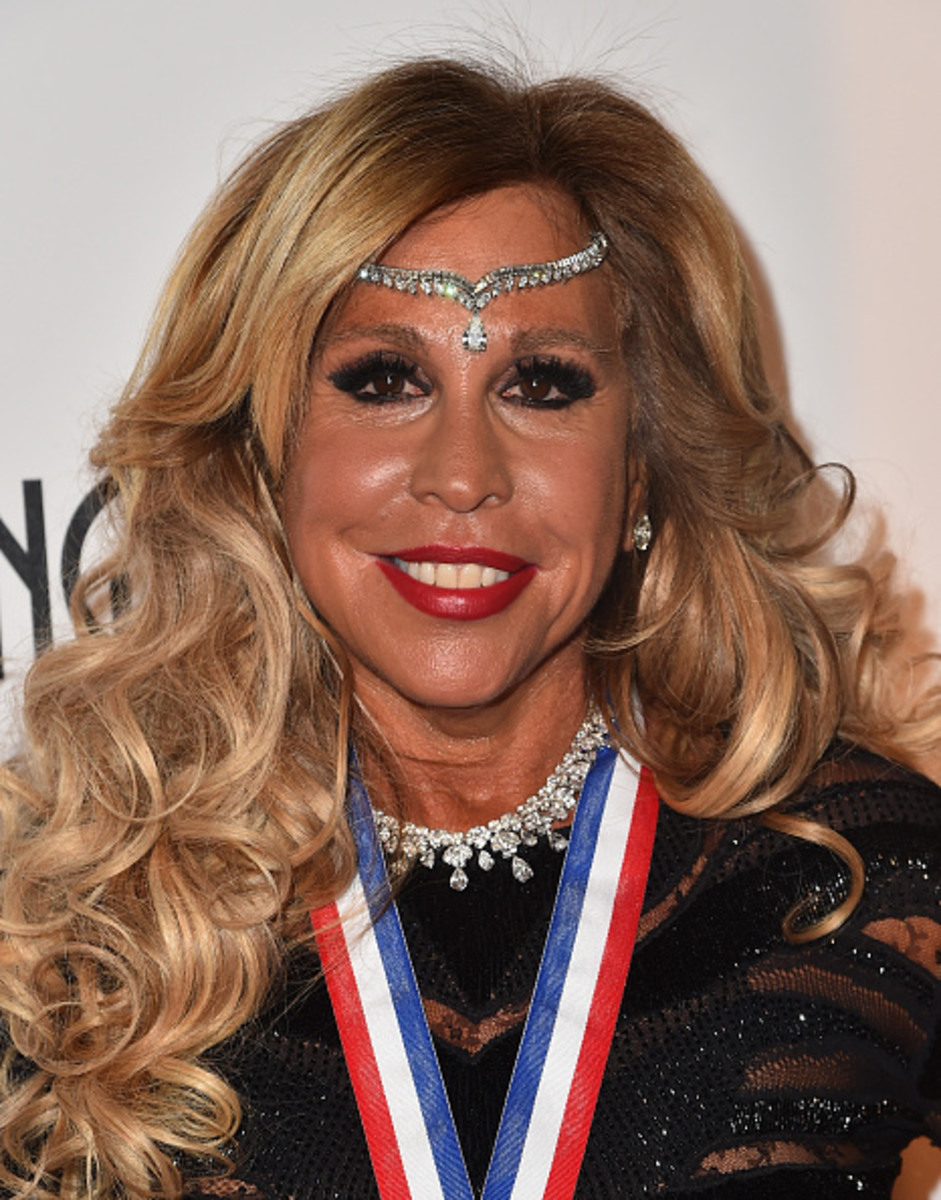The COVID-19 pandemic has impacted virtually every facet of life. The times we live in are now uncertain, and nothing will ever be the same as it was before. Lawyers and legal professionals have been cloistered inside their homes for more than a year, and now that vaccinations are widely available, states across the country are reopening their economies, lifting their shelter-in-place guidance, and even removing their mask mandates.
With all this taking place, major law firms — many fresh off a second round of special bonuses to keep their attorneys as happy as possible — have been weighing their plans to get their employees back into the office. As firms try to establish a market standard for what their return to work will look like, it should be noted that associates overwhelmingly support their firms’ remote work policies, and hope that a full-time office presence will no longer be necessary going forward.
Just as we’ve done in the past when it comes to raises, bonuses, and austerity measures, we are compiling a table of all the firms that have announced reopening guidelines in these strange times. We want you to see exactly how the legal profession is dealing with this new phase of the coronavirus crisis.
Help us help you. Let us know what your firm is doing to protect employees and adjust to the new normal during this unprecedented moment in time.
As a little reminder, we love covering law firm news, but we need your help. As soon as you find out about reopening plans at your firm, please email us (subject line: “[Firm Name] Office Reopening”). We always keep our sources on stories anonymous. There’s no need to send a memo (if one exists) using your firm email account; your personal email account is fine. If a memo has been circulated, please be sure to include it as proof; we like to post complete memos as a service to our readers. You can take a photo of the memo and attach as a picture if you are worried about metadata in a PDF or Word file. Thanks very much.
| Firm | Reopening/WFH Policy |
| Orrick | Firm is targeting a September return to work (post-Labor Day), and those who are able to do their jobs remotely will not be required to return to the office five days a week |
| Ropes & Gray | “Permissive office usage” will continue in U.S. offices until Labor Day in September; thereafter, the firm will provide “at least 45 days’ notice before moving from permissive usage to a broader office return” |
| Wilson Sonsini | The firm will not require its attorneys to return to the office in 2021 |
| Willkie Farr | The firm will not require its attorneys to return to the office in 2021 |
 Staci Zaretsky is a senior editor at Above the Law, where she’s worked since 2011. She’d love to hear from you, so please feel free to email her with any tips, questions, comments, or critiques. You can follow her on Twitter or connect with her on LinkedIn.
Staci Zaretsky is a senior editor at Above the Law, where she’s worked since 2011. She’d love to hear from you, so please feel free to email her with any tips, questions, comments, or critiques. You can follow her on Twitter or connect with her on LinkedIn.



 Tyler Broker’s work has been published in the Gonzaga Law Review, the Albany Law Review, and the University of Memphis Law Review. Feel free to
Tyler Broker’s work has been published in the Gonzaga Law Review, the Albany Law Review, and the University of Memphis Law Review. Feel free to 






 Kathryn Rubino is a Senior Editor at Above the Law, and host of
Kathryn Rubino is a Senior Editor at Above the Law, and host of 






 Jordan Rothman is a partner of
Jordan Rothman is a partner of